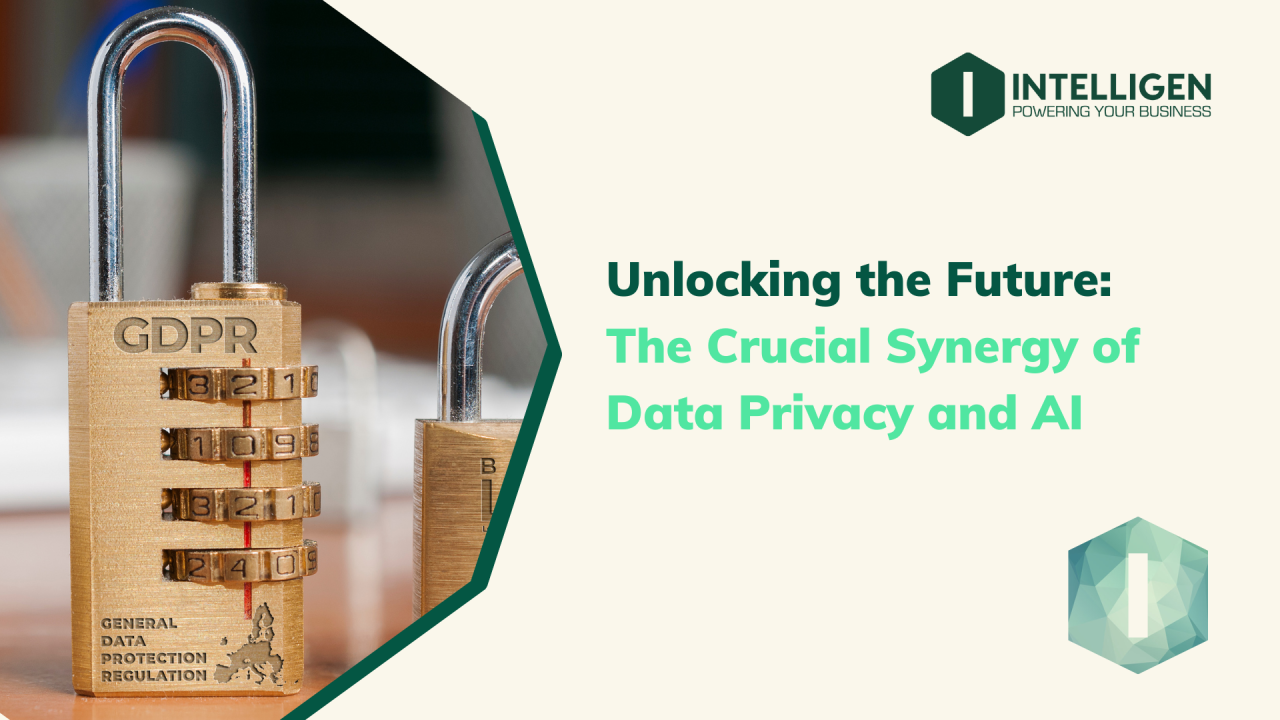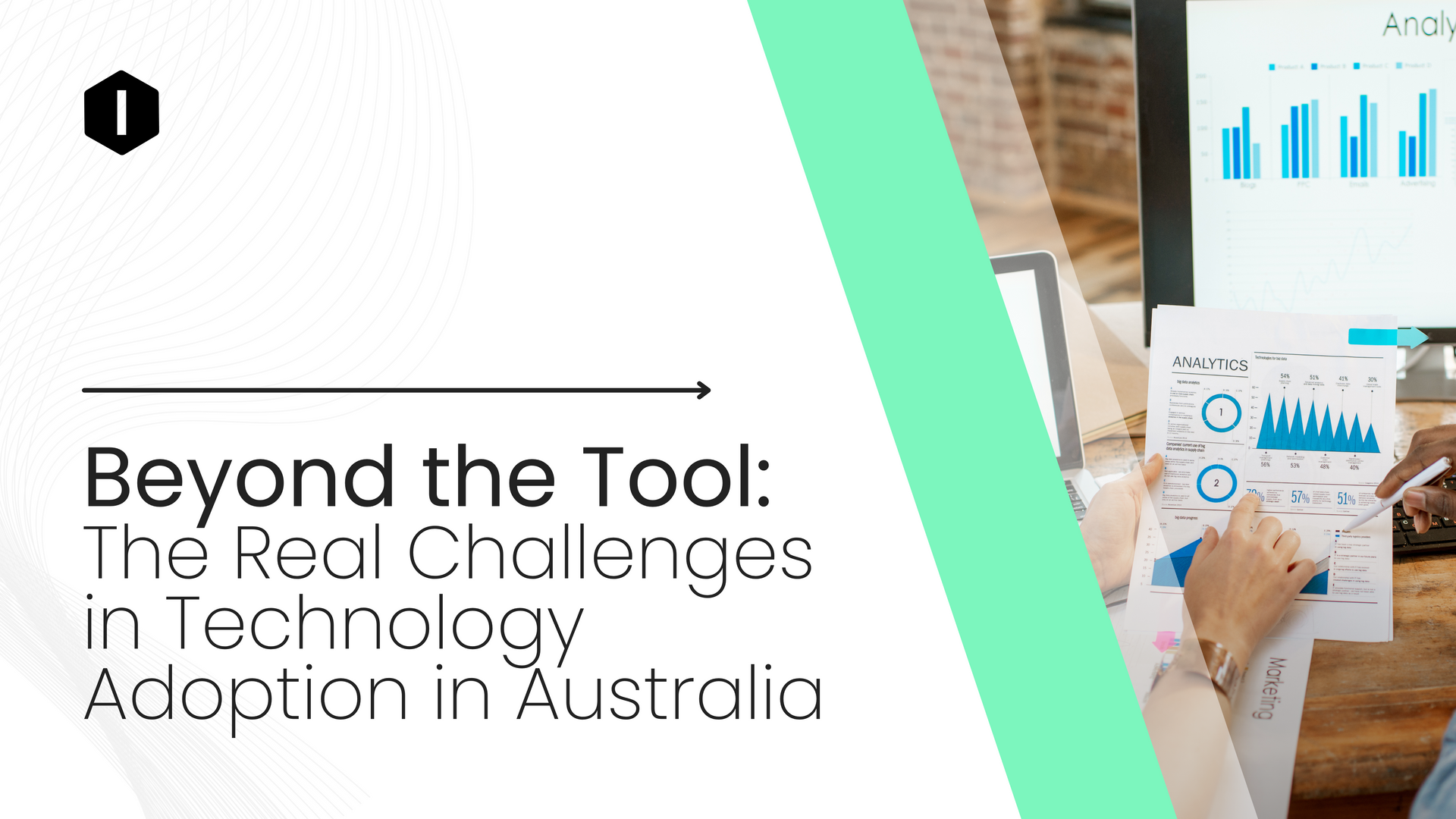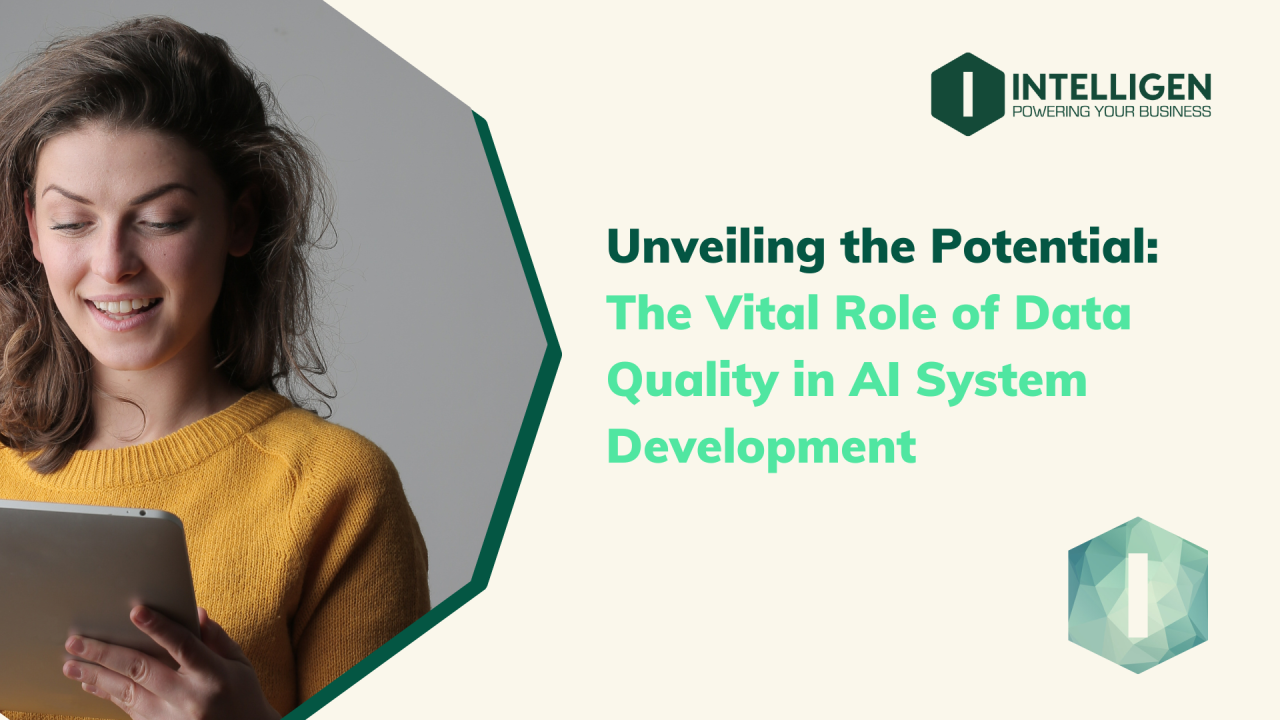In the modern business landscape, data has emerged as one of the most critical assets for organisations aiming to achieve operational excellence and drive sustainable growth. However, the quality of the data that organisations use can be the difference between success and failure. Bad data—data that is inaccurate, incomplete, or outdated—can severely undermine your strategic initiatives and business operations.
Is Bad Data Holding Your Business Back? Let's explore how bad data could be impacting your business and what you can do about it.
The Cost of Poor Data Quality
Poor data quality poses a significant threat to business operations, leading to a cascade of adverse effects that reverberate across various departments and functions. Some of the detrimental impacts include:
- Inaccurate Insights: Incomplete or erroneous data undermines the integrity of analytical insights, leading to misguided strategic decisions.
- Operational Disruptions: Data inconsistencies can disrupt business processes, causing delays, errors, and inefficiencies.
- Reputational Damage: Incorrect data can tarnish an organisation's reputation, eroding customer trust and credibility within the industry.

Understanding the Root Causes
To address the challenge of poor data quality effectively, it's imperative to delve into its underlying causes. Common culprits include:
- Data Silos: Disparate data sources and systems hinder data integration efforts, leading to inconsistencies and duplications.
- Manual Errors: Human error in data entry and processing can introduce inaccuracies and inconsistencies into the dataset.
- Outdated Systems: Legacy infrastructure and outdated technologies may lack the capabilities to ensure data accuracy and integrity.
How to Address Bad Data
Now that we've covered the challenges bad data poses, let's discuss how you can combat them.
To mitigate the adverse effects of poor data quality and unlock the full potential of data-driven insights, organisations can implement a comprehensive approach comprising the following strategies:
- Data Governance Framework: Establishing robust data governance policies and procedures ensures accountability, standardisation, and compliance throughout the data lifecycle.
- Data Cleansing and Validation: Regular data cleansing processes, coupled with automated validation checks, help identify and rectify inaccuracies and inconsistencies.
- Advanced Analytics Solutions: Leveraging advanced analytics tools and techniques enables organisations to detect anomalies, patterns, and trends within their data, enhancing accuracy and predictive capabilities.
- Investment in Data Infrastructure: Upgrading to modern data infrastructure and technologies empowers organisations to streamline data integration, storage, and processing, thereby enhancing data quality and accessibility.
Conclusion
Don't let bad data stand in the way of your success. Investing in data quality is not just about avoiding pitfalls—it's about seizing opportunities. Clean, reliable data empowers your business to make strategic decisions, improve operational efficiency, and deliver exceptional customer experiences.
We hope you found these insights helpful. If you'd like to learn more about how you can improve your data quality, please feel free to reach out to us. We look forward to partnering with you on this journey toward data excellence.
Unlocking the Power of High-Quality Data: Get started your journey in maximising the potential of clean data for strategic growth and operational excellence.
Reach out, and let's harness your business operations success story.
Subscribe to our newsletter for more valuable insights:
02 9188 3911
These Posts are Suggested For You






